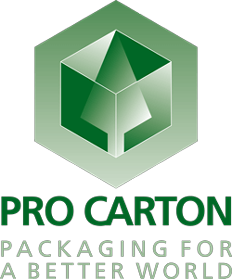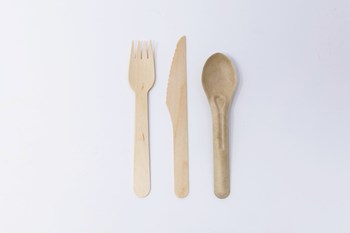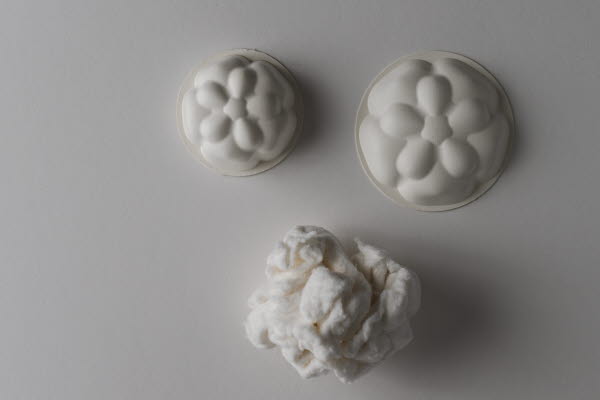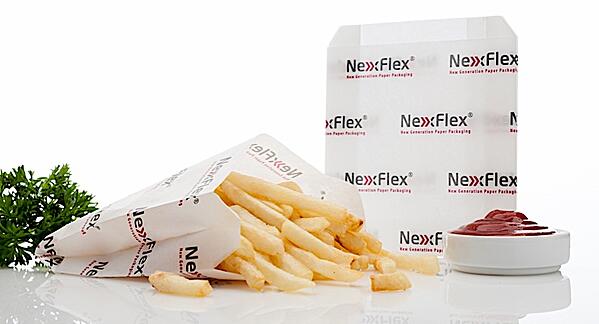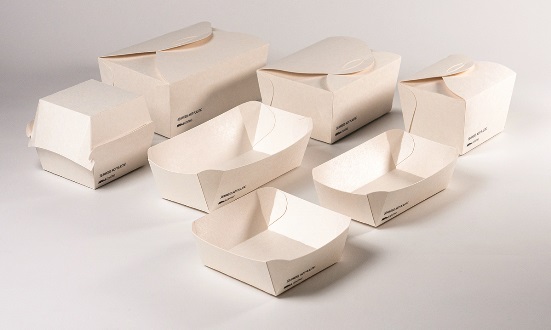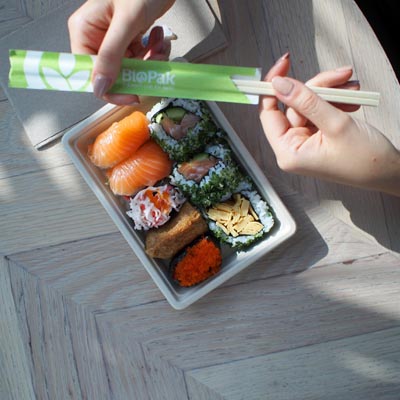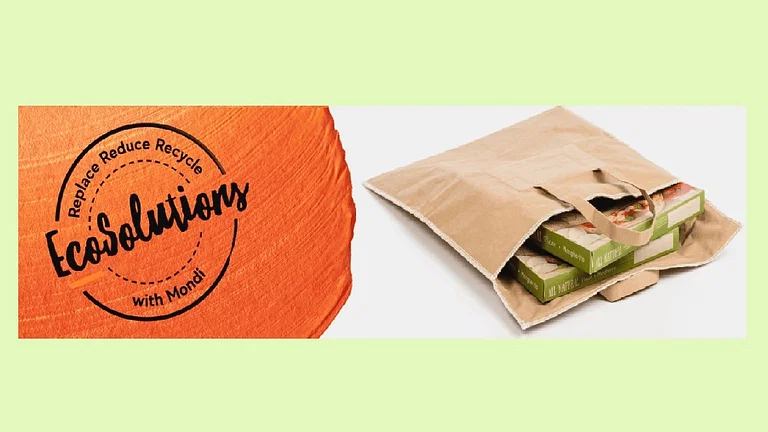The Pulp and Paper industry continues to excel in its push for a more sustainable planet by launching innovations and ambitious goals for the new year. We wanted to share a few of the most exciting developments that are making headlines as we begin 2023.
Tim Hortons restaurants across Canada will be introducing wooden and fiber cutlery for guests, eliminating an estimated use of 90 million single-use plastics a year, starting in early 2023. The wooden cutlery and fiber spoon are both compostable. In another move to reduce the use of single-use plastics, plastic lids on Loaded Bowls will also be replaced with fiber lids.
Tim Hortons is also now trialing a fiber hot beverage lid that is plastic-free and recyclable. The goal of the trial, which will run for approximately twelve weeks in the City of Vancouver, is to develop products that are alternatives to plastic and easier to recycle and repurpose while still offering a great guest experience.
Holmen Iggesund, a premium paperboard company for purposeful solutions, and Yangi®, the pioneers of dry forming technology, have entered into a long-term agreement to explore opportunities with a new type of sustainable packaging material. Under the agreement, the two companies will engage in close collaboration alongside brands to further explore the opportunities of biobased and renewable packaging for the cosmetic and beauty industry.
The collaboration’s focus will be on replacing rigid plastics with alternative renewable materials for beauty and cosmetics packaging such as refills, inserts, testers, and other types of applications within the segment.
Koehler Paper has added another product to its flexible packaging paper portfolio, with an emphasis on the fast-food market. This new launch is designed to meet growing consumer demand for sustainable products and packaging, which has been evident in the fast-food sector for some time now.
With Koehler NexPure OGR, the company is bringing an oil- and grease-resistant, sustainable paper onto the market, which will be suitable for packaging foods such as fries, sandwiches, wraps, and burritos. The product is entirely free from fluorochemicals and is therefore a sustainable, environmentally friendly alternative to the packaging paper currently used in the fast-food sector, the company says. The new paper has a grammage of 38 gsm and uses natural raw materials for the barrier function.
Notpla Wins Earthshot Prize for Its Biodegradable Packaging Created in Collaboration with Coveris
Recognized for their inspiring efforts to create a fully sustainable and biodegradable alternative to plastic made from seaweed and plants, Notpla was awarded as the winner in the category ‘Build a Waste-Free World.’
Made from seaweed and plant extracts, Notpla Coating is applied to sustainably sourced cardboard, creating a food-safe barrier function that naturally biodegrades in four to six weeks. Notpla’s specially coated board packs offer the food-to-go and takeaway sector a new unique range of protective, recyclable and biodegradable solutions in an effort to tackle sustainability concerns.
Metsä Group and VR Intensify Their Cooperation on Sustainability
The two companies are intensifying their cooperation on sustainability in logistics and have agreed to a new joint target to halve emissions from transport by 2030. In addition, Metsä Group aims to transfer some of its current road transports to railways. For Metsä Group, the measures would represent a total emission reduction of around 14,000 tCO2e per year, which is equivalent to more than 25,000 average lorry journeys.
Metsä Group and VR have set up a joint working group to define concrete ways to achieve the emissions reduction target. The measures include the electrification of the rail network, more efficient train concepts, and the use of diesel made from renewable raw materials.
Biopak Launches New Environmentally Friendly Sushi Trays
Worcester-based BioPak, one of the UK’s leading suppliers of eco-friendly packaging, has launched a new range of environmentally friendly Sushi trays and lids that result in 75% less greenhouse gases than conventional plastic alternatives.
The sushi tray bases are made of bagasse with 80% sugarcane pulp and 20% bamboo pulp. The rapidly renewable sugarcane pulp is made from a by-product that would otherwise be burned after the juice has been extracted for sugar production.
Stora Enso Works on Validation of Paper-Based Foam Papira for Use in Transport of Products
Stora Enso is currently working with multiple customers on performing tests and validation of the material used to produce Papira, along with its properties in various applications.
The idea is to make Papira the new standard in protective packaging. To make this a reality, Stora Enso will gradually scale up operations while developing this material. Potential customers for Papira include all who need to protect fragile products such as electronics, household appliances, furniture, industrial products, and expensive consumer products during transport.
Mondi, a sustainable packaging and paper company, has worked with FRESH!PACKING, to design an innovative cooler bag to protect and transport chilled or frozen goods to consumers.
The Fresh!Bag outer layer is entirely made from Mondi’s durable kraft paper, replacing the traditionally used unrecyclable, multi-material packaging while improving cooling protection by up to 2.5 times. Certified as fully recyclable in Europe’s existing paper waste streams, the bag’s cooling element is created using pulp, which is encased in Mondi’s kraft paper. The paper has a high stretchability, allowing easy sewing of the different plies to create a strong bag structure. The bag has a high resistance to tear and can carry large weights and sizes.

